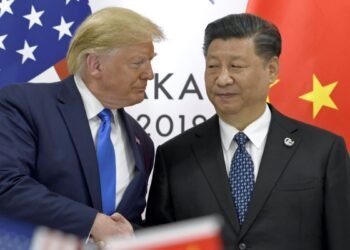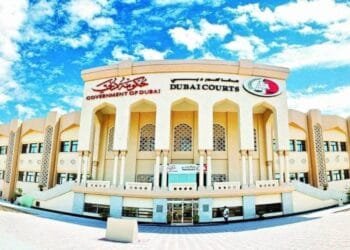“They’re trampling on our graves with their boots,” said Kavitha, a young Tamil woman, as the torrential rain lashing our faces washed away her tears. Standing barefoot and ankle-deep in mud at the site of a former cemetery in Visuvamadu, Sri Lanka, she was lamenting the adjacent military base built on the graves of fallen Liberation Tigers of Tamil Eelam (LTTE) fighters, including that of her brother.
The LTTE was an armed group dominant in the Northern and Eastern Provinces of Sri Lanka that fought to establish an independent Tamil state for nearly three decades, until its definitive defeat and surrender to the Sri Lankan state in 2009. Through the war, the state bulldozed and repurposed many structures belonging to the LTTE, like the cemetery in which Kavitha’s brother was buried, as it recaptured territory from the armed group.
On that wet late November day, Kavitha and thousands of others were at the former site of the LTTE cemetery to mark “Maaveerar Naal”- an annual event to commemorate LTTE fighters who died in the decades-long war. And this was not an isolated show of nationalist dedication. According to government figures, the scene at the Visuvamadu cemetery was replicated at more than 200 sites – including universities, places of worship and other former cemeteries – across the entire northeast of Sri Lanka, with tens of thousands in attendance.
The level of interest in the 2024 Maaveerar Naal commemorations – equal if not higher than previous years – served as a strong rebuke to less-than-informed Sri Lanka observers who had declared the end of Tamil nationalism in the aftermath of the Sri Lankan elections held, two weeks earlier, on November 14.
The National People’s Power (NPP), a left-wing Sinhala coalition, secured a landslide victory, winning 159 seats in Parliament – more than any other party in Sri Lankan history. Importantly, they also won all bar one of the Tamil-majority voting districts in the North-East, leading many outside observers to conclude Tamil dreams for autonomy and independence are fully abandoned.
The real political situation in the claimed Tamil homeland, however, is much more nuanced.
The NPP rode to power a nationwide wave of anti-establishment sentiment stemming from frustration with persistent economic failings and endemic corruption.
The fall of the Rajapaksa family – who had dominated Sri Lankan politics since 2005 – has been stunning. They never received support from Tamils, who have accused former presidents and brothers Mahinda and Gotabaya Rajapaksa of genocide. However, in the Sinhala south, they were long perceived as heroes for winning the war against the LTTE.
Gotabaya Rajapaksa won the presidency with a landslide just five years ago, in 2019. However, less than three years later, in 2022, he was deposed by a popular uprising in the Sinhala south. Since then, the family rapidly lost all political power in Sri Lanka. In the November 2024 election, their party managed to secure just three seats in Parliament.









 United Arab Emirates Dirham Exchange Rate
United Arab Emirates Dirham Exchange Rate

